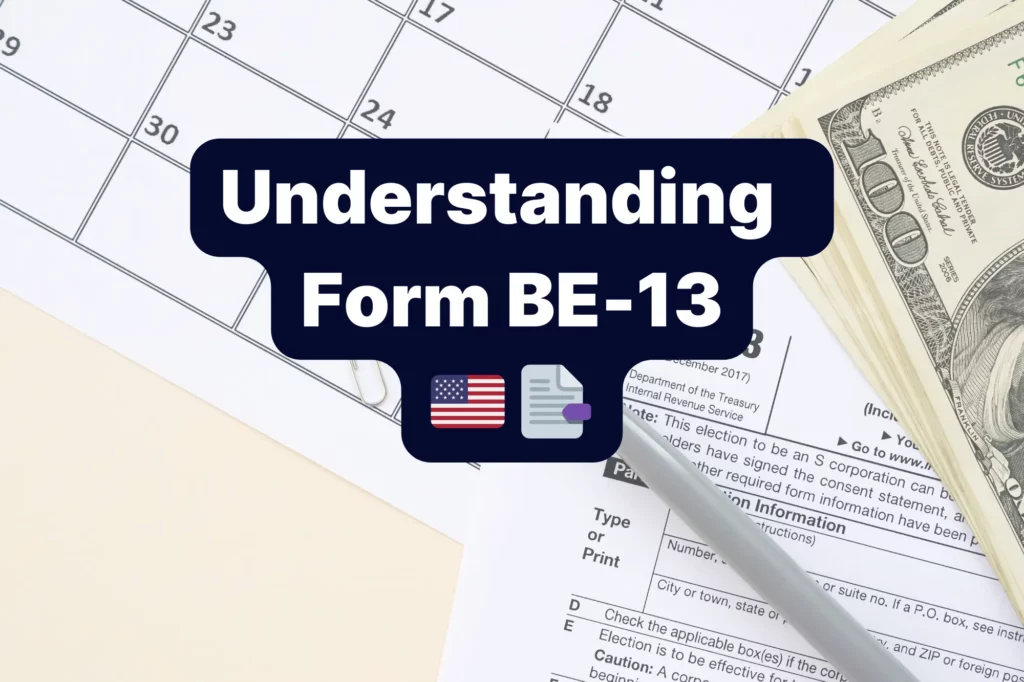To maintain a Delaware Corporation, you are required to pay your Delaware Franchise Tax. The Franchise Tax is not calculated based on your company’s income. Delaware law requires companies incorporated in Delaware to pay an annual franchise tax to keep the company in “good standing”. Even companies with no business activity must pay a franchise tax to maintain “good standing” status.
What is a “Good Standing” Status?
A Delaware Certificate of Good Standing is a document issued by the Secretary of State that shows the ability of a corporation to do business. If you have an overdue franchise tax, The Secretary of State will not issue a Good Standing status for your company.
Consequences of an Unpaid Franchise Tax
What happens when you do not pay your franchise tax?
- It will always stay in the records of the Delaware Division of Corporations. Even if you pay all the past due Franchise Tax, a missed Franchise Tax payment will be on the company’s history. If a potential investor, lender, etc. investigate your company, this may be unappealing.
- Eventually, your company will be marked “void” by the Delaware Division of Corporations. “Void” status will prevent you from obtaining a Certificate of Good Standing which explained before.
- Up to date penalty for non-payment or late payment is $200. Your company also be penalized at 1.5% interest for every month it remains unpaid.
Delaware LLC Annual Franchise Tax
Delaware Limited Liability Companies (LLC) and Limited Partnerships (LP) pay annual Franchise Tax due June 1st of each year, regardless of income or business activity. You can visit https://corp.delaware.gov/paytaxes/ to find out about up to date LLC Franchise Tax.
If you don’t pay the Franchise Tax for your Delaware LLC or Delaware LP for three consecutive years, your company will be administratively canceled by the State of Delaware. If you do not file your Franchise Tax by June 1st, you will be charged a late fee of $200 and your company will be penalized at 1.5% interest for every month it remains unpaid.
Delaware Corporation Annual Report and Franchise Tax
Delaware Corporations pay Franchise Tax due March 1st of each year. The Franchise Tax for a corporation is based on your corporation type and the number of authorized shares your company has. You can visit https://corp.delaware.gov/paytaxes/ to find out about up to date Corporation Franchise Tax. There are two methods to calculate Franchise Tax for a maximum stock company: Authorized Shares Method and Assumed Par Value Capital Method. You can visit https://corp.delaware.gov/frtaxcalc/ to calculate Franchise Taxes for your Delaware Corporation.
Corporations are also required to file an annual report. Filing an annual report is for corporations only.
If you don’t pay the Franchise Tax for your Delaware Corporation for two consecutive years, your corporation will be administratively dissolved by the State of Delaware. If you do not file your Franchise Tax by June 1st, you will be charged a late fee of $200 and your company will be penalized at 1.5% interest for every month it remains unpaid.







